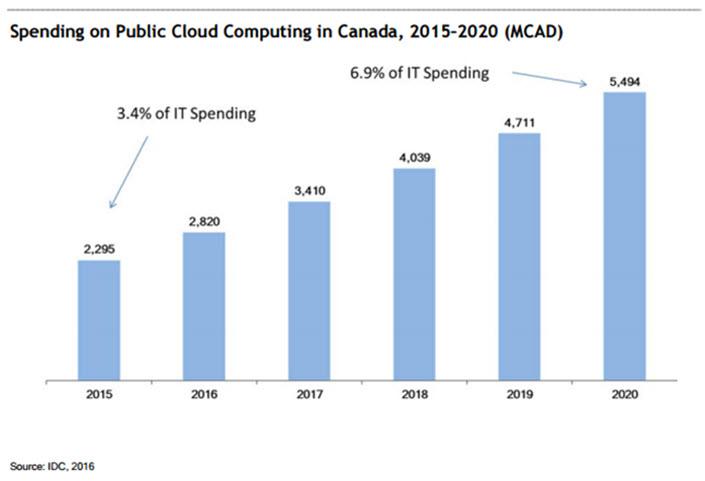Whether you hire the grandfather of cloud computing, Amazon or another cloud service, it is without a doubt that startups are practically developing their business with the help of cloud services that provide instant access to them. cloud services via the Internet.
What is the Cloud?
So, here are some new techniques for you. The cloud is essentially a metaphor for a set of computing resources, such as virtual servers, storage and network devices, processors, and RAMs used by users over the Internet. The term cloud computing refers primarily to the practice of using these resources collectively to achieve the storage goals of a business rather than using its on-site equivalent.
Cloud computing services offer businesses the ability to purchase computing as a service rather than having to create an entire section to host a range of hardware devices. This is the main reason why cloud computing services are most often compared to a power grid station. Users do not need to understand the infrastructure or the devices they use, so they only need to use the cloud service and make monthly payments for the services they use in their business.
It is well known that users who visit e-commerce websites do not stay long if the website is blocked. Thus, as companies turn to the cloud for the sole purpose of improving their services, the cost situation becomes even more complicated. From the management’s point of view, here are some of the main issues related to the use of cloud computing.
Poor user experience due to performance bottlenecks. According to the latest technical information, with e-commerce being the only leading cloud-based application domain, a recent survey showed that nearly 70% of respondents already use cloud resources to support their e-commerce websites.
Loss of revenue due to poor performance or troubleshooting issues related to newly implemented cloud services.
Increased costs of hidden fees that may appear later when a company has entered a complex environment.
The effort required to manage service level agreements and suppliers.
The impact of poor performance on the consumer’s perception of your brand, product or service. This is one of those areas that will most certainly affect brand loyalty.
Below are some of the questions businesses need to ask themselves when transitioning to the cloud.
Problems related to the availability of the service?
What happens when transactions are backed up because of slow service?
How much does it cost you to sit while you call vendors’ technicians to fix a problem?
Bottom line
The fact is, whether cloud computing works for your business model or not, every business must ultimately evolve in a way that is not possible with physical servers. Even if some companies seem to have ruined themselves in the cloud, the truth remains that even the best internal hardware can not compare to the cloud, which is why companies need to design a plan before making the transition.
